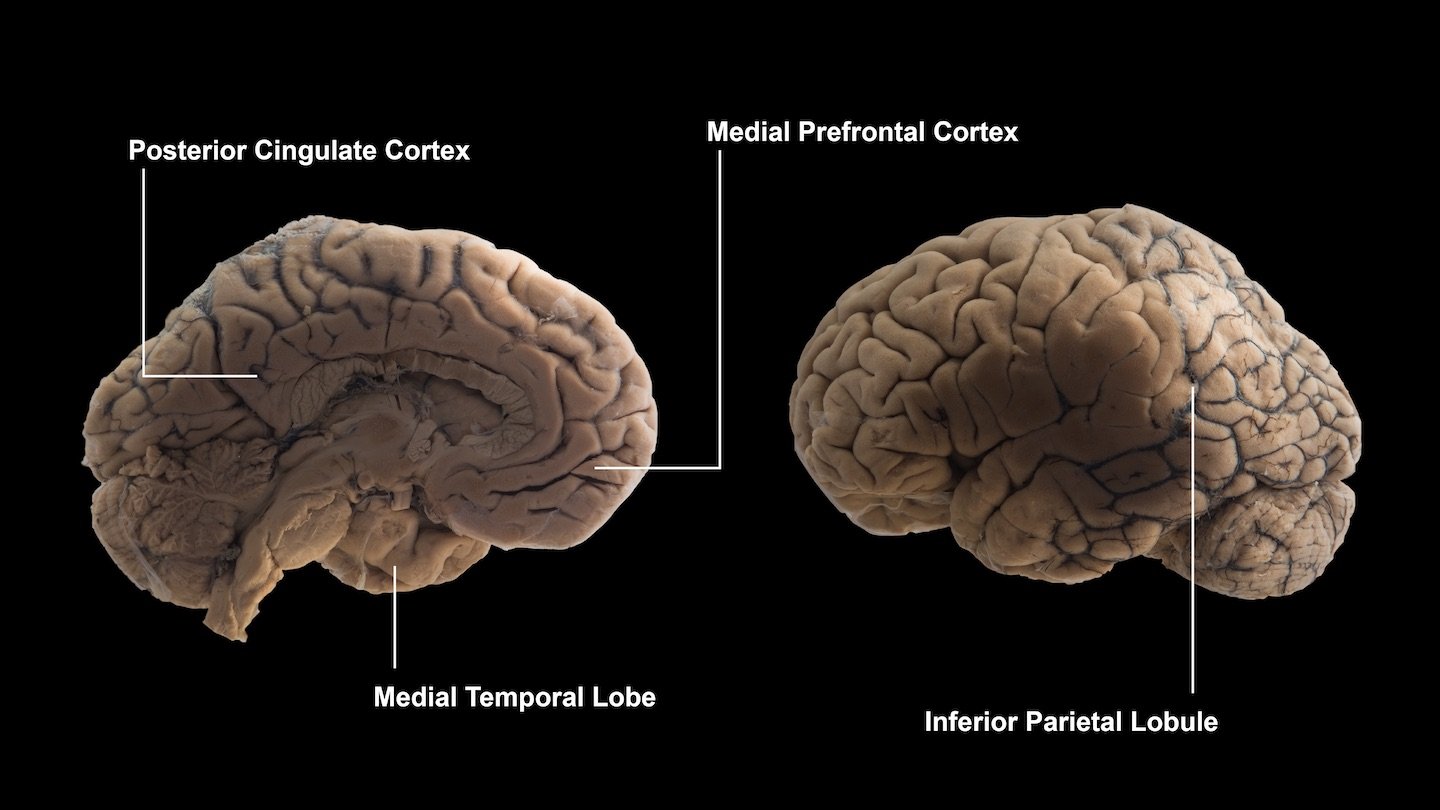Schizophrenia and the Brain
Isolating the neuronal connections to reality
Humans construct their social reality by observing others, understanding social etiquette, and altering their behaviour based on subtle social cues. This ability is encoded in human brains in a manner different from other animals. Excessive pruning of neuronal connections causes the brain to lose parts of its social cognition capabilities. Understanding the neuronal basis of schizophrenia can help overcome stigma, inculcate empathy, and reimagine mental healthcare. Technologies such as functional magnetic resonance imaging (fMRI) continue to help chip away at the mysteries of neuropathologies. Schizophrenia and the Brain explores ongoing clinical research that can help understand and identify schizophrenia.
Medium: Text, Images
Year: 2022
Team
Urvakhsh Mehta
Psychiatrist
Urvakhsh M Mehta is an Additional Professor of Psychiatry at the National Institute of Mental Health and Neurosciences (NIMHANS), Bangalore. After his MBBS, he obtained his MD in Psychiatry from NIMHANS in 2010, and subsequently a PhD in 2020. He takes keen interest in public and student engagement on the theme of mental health and its causal underpinnings. He has published his research findings in several national and international peer-reviewed scientific journals and has won awards for the same. He is also the Associate Editor of the journal Schizophrenia Research.
Makarand Pantoji
Psychiatrist
Makarand V. Pantoji serves as a Senior Resident Doctor in the Department of Psychiatry, NIMHANS, Bengaluru. He is from Mumbai and has completed his graduation (MBBS) from Seth G. S. Medical College and K. E. M. Hospital, Mumbai. He then moved to Bengaluru to pursue MD in Psychiatry at NIMHANS. His areas of interest include social cognition, psychotherapy, spirituality and mental health, youth mental health, evolutionary theories and neurobiological basis of psychiatric disorders, and Indian mythology. Besides this, he also has a keen interest in music and drama.







